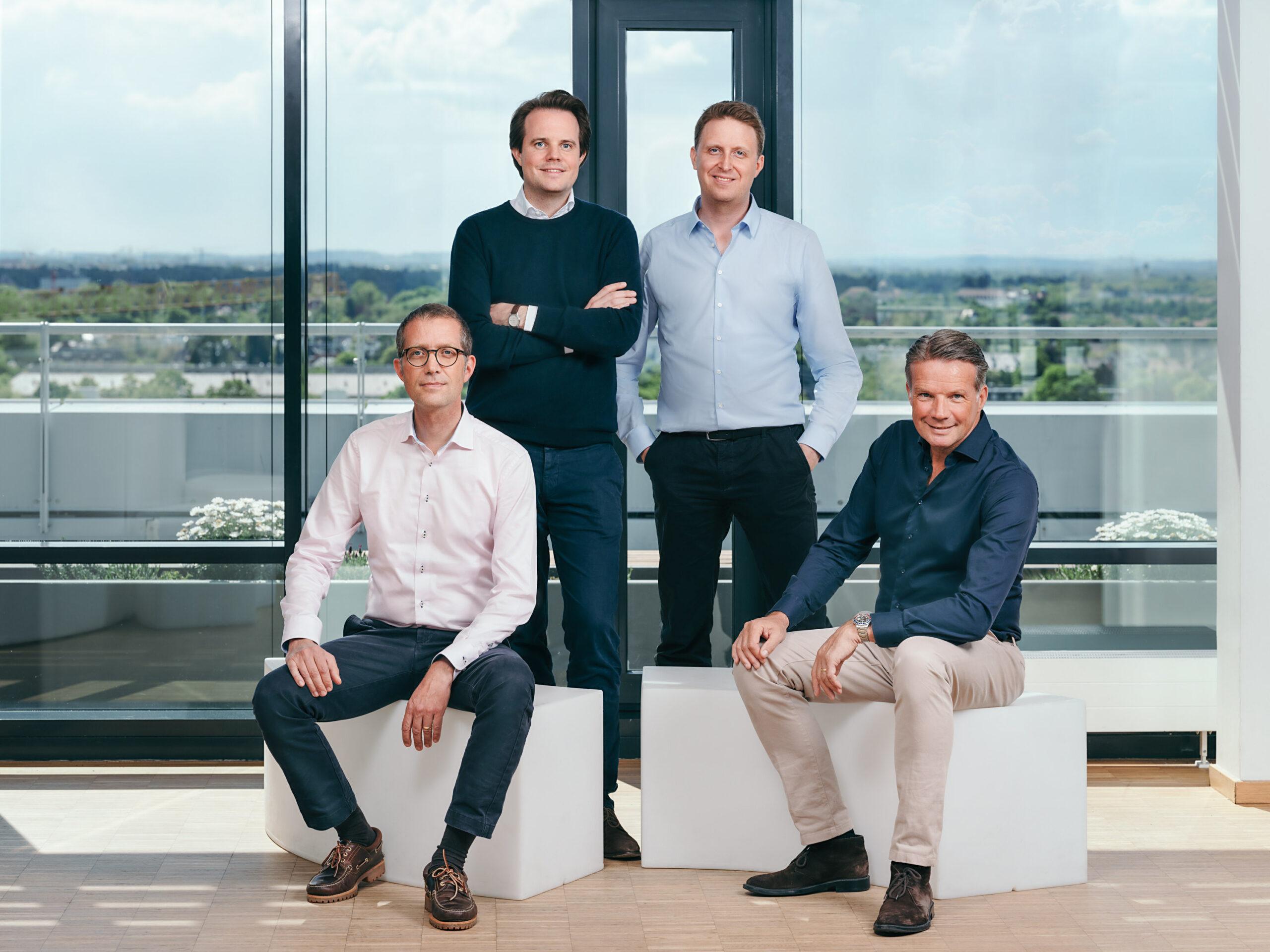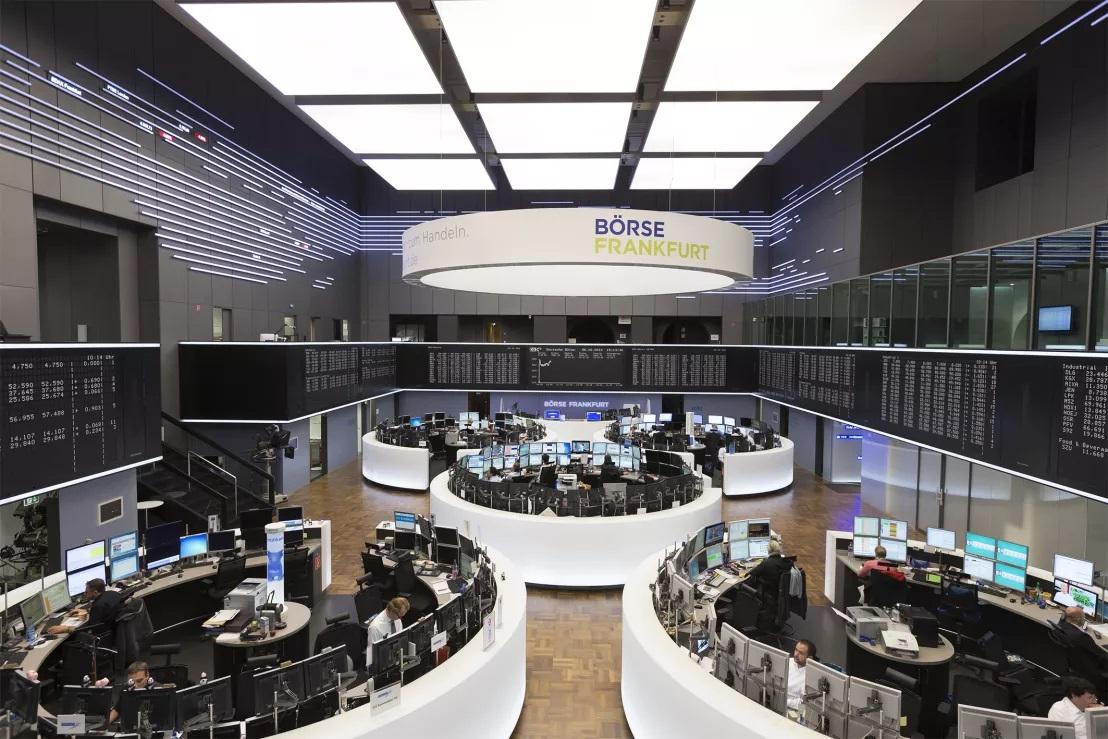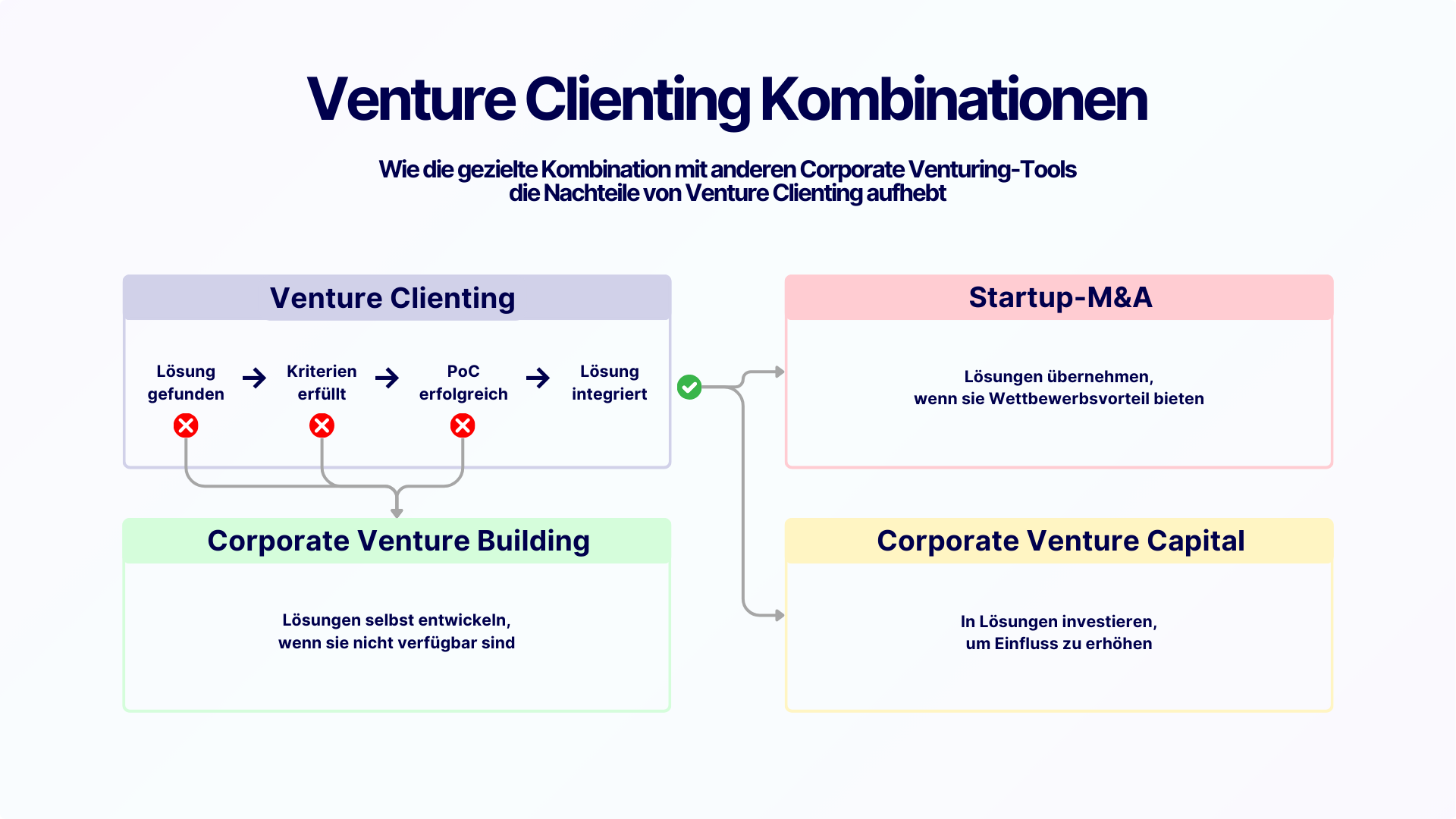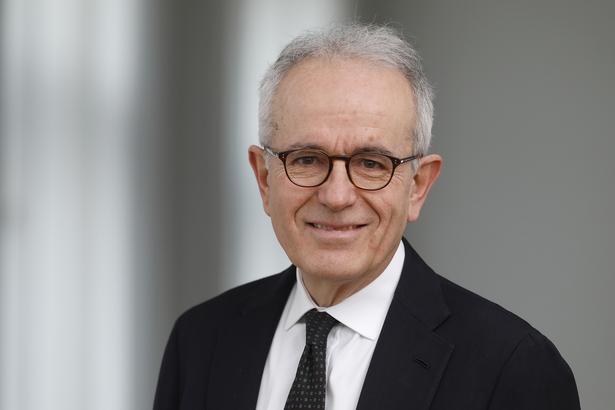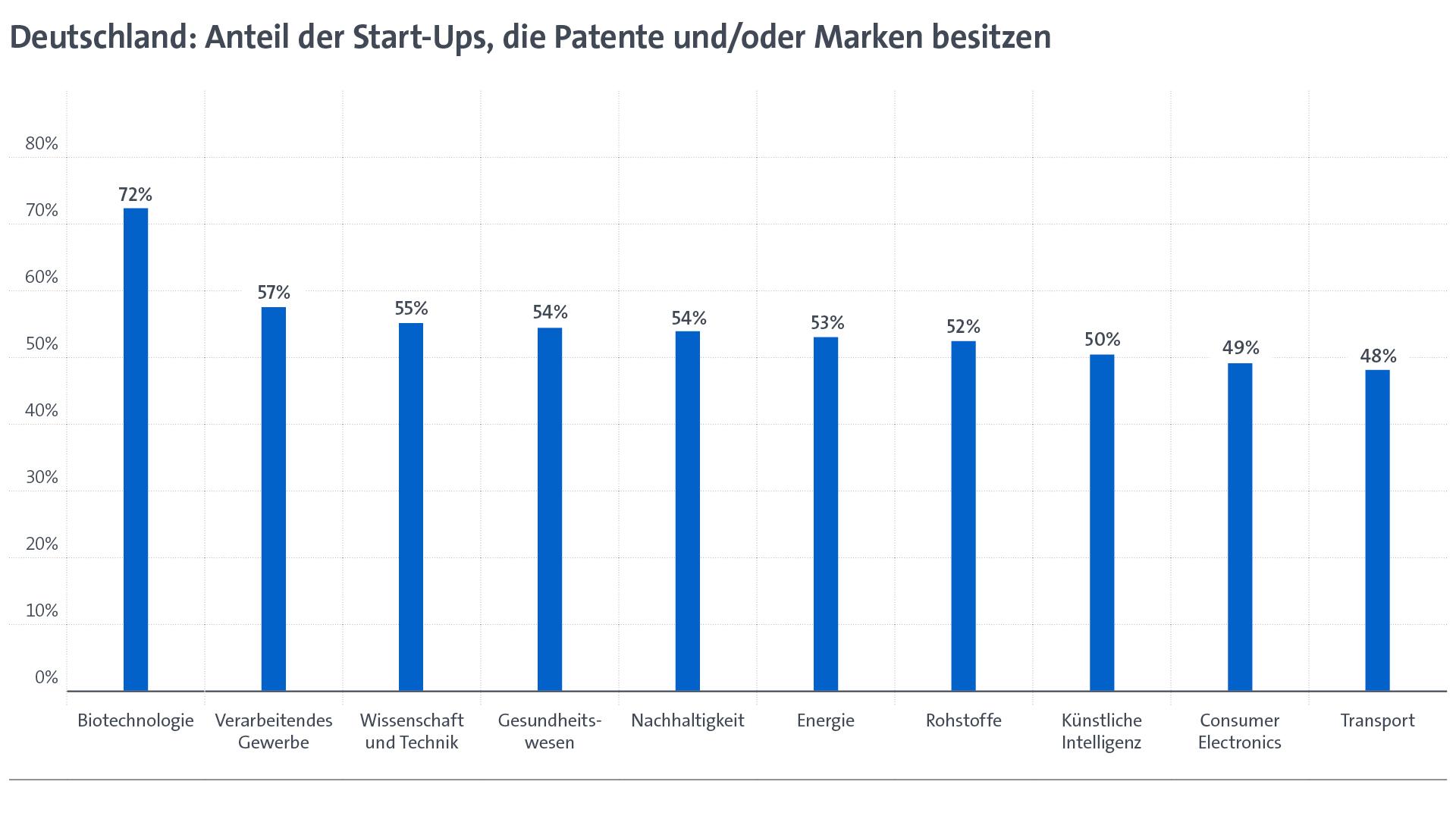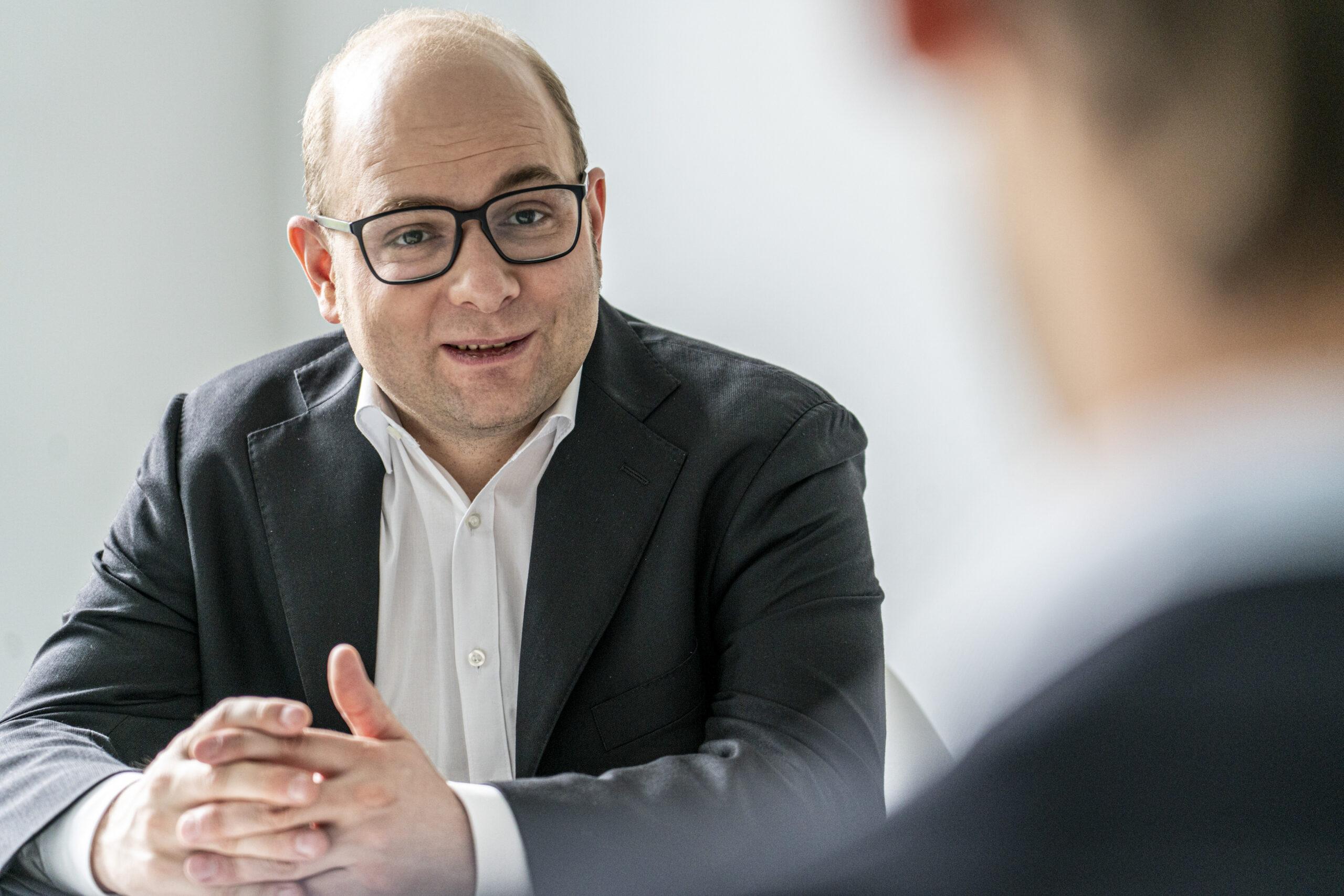How Spacs Work
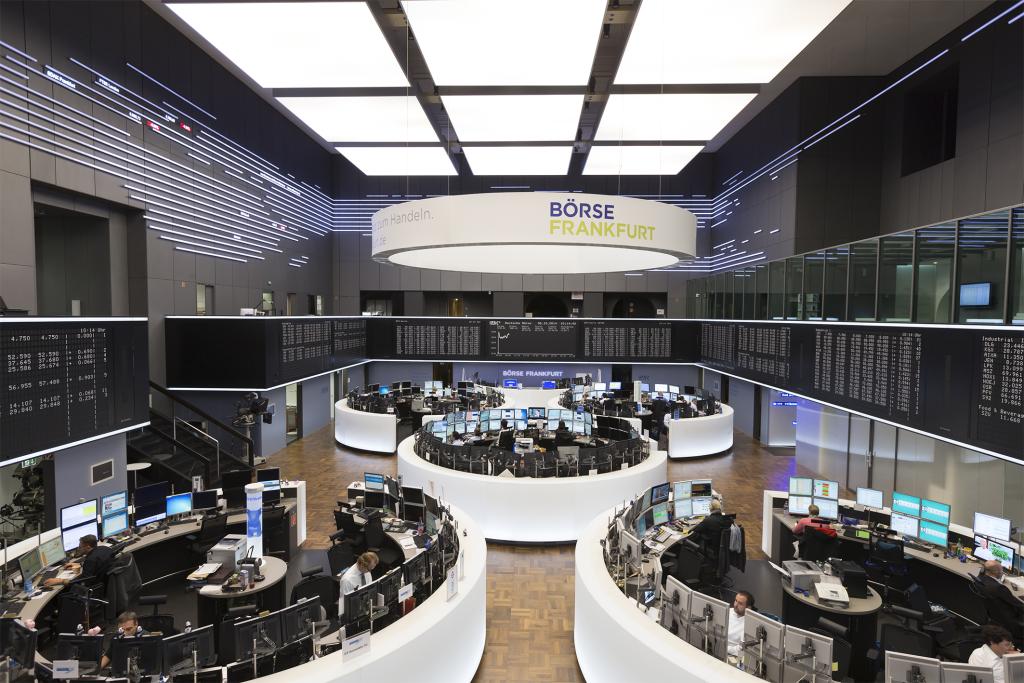
Shell companies have become a popular way to get onto the trading floor. However, they are not always the right way for start-ups.
A Special Purpose Acquisition Company (Spac) can be a good shortcut for start-ups to go public. Hundreds of Spacs around the world are looking for suitable start-ups. The air cab manufacturer Lilium from Weßling near Munich, for example, recently went public via a Spac.
Most Spacs are based in the USA, and there are now also a number of these shell companies in Germany. However, IPOs organized in this way can also go wrong. An overview of how Spacs work and when founders should perhaps opt for a classic IPO.
What exactly is a Spac?
A Spac is a company that was founded with the aim of acquiring another company and taking it public. This company has no business of its own. In order to finance the takeover, the Spac raises money from venture capital investors, hedge funds or other companies. Private investors can also participate in the shell companies.
In the USA, Spacs raise between 50 million and two billion US dollars in order to either merge with a company or take over several companies at once. The manager of the Spac has 24 months to find a suitable takeover target. If he does not find a suitable start-up, for example, the investors get their money back. Once the manager has found a takeover candidate, investors can still walk away from the deal and ask for their money back.
What are the advantages and disadvantages of Spacs for investors?
Put simply, Spac investors make a profit if the share price of the acquired company improves after the IPO. But there is also a problem: if the share price of the acquired company does not rise or even falls, they make a loss. Investors often have no choice but to trust the Spac manager. They must have a good sense of whether a takeover is really worthwhile. The longer it takes him to take over a suitable company, the worse the deal is likely to be. Critics fear that he is more likely to make a bad takeover than pay back the money.
There are currently hundreds of Spacs looking for suitable candidates, but it is highly unlikely that they will all find one whose share price will subsequently go through the roof. This is why Spacs are repeatedly criticized. In an interview with Startbase, founder Nils Seelbach states that he sees Spacs as a sign of complete market overheating. He would rather ban Spacs altogether.
When are Spacs worthwhile for start-ups?
For young companies, shell companies are a shortcut to the stock market. Sometimes it only takes a few months for them to make the leap onto the trading floor. This is because the start-up that wants to go public only has to negotiate with the Spac. Normally, an IPO requires up to 18 months of preparation. In a roadshow, the management normally has to look for several investors.
A Spac theoretically allows start-ups to go public that are not yet mature enough for this step. Either because they do not yet have any significant turnover or, in case of doubt, the business model is not even really ready. Start-ups can also convince a Spac investor with planned future sales. This usually does not work with a traditional IPO because investors are generally not prepared to take on such a risk.
When should start-ups do without a Spac?
Founders should bear in mind that if they merge with a Spac, they have to give up a good portion of their shares directly to the Spac owners. This can be up to 20 percent. If the shareholders of the newly merged company sell their shares immediately afterwards, the share price may fall.
The first Spac in Germany was set up in July 2008 by ex-Arcandor boss Thomas Middelhoff, management consultant Roland Berger and ex-banker Florian Lahnstein. After reportedly looking at around 140 companies, they merged with AEG Power Solutions. However, the power supply manufacturer went bankrupt the following year.
Such cases can cast a bad light on Spacs and also on start-ups that rely on a shell company. At worst, critics fear that they could damage the reputation of the entire start-up sector. Young companies should therefore carefully scrutinize whether they want to go public via a Spac early on, or perhaps wait until they are mature enough for a traditional IPO.

Newsletter
Startups, stories and stats from the German startup ecosystem straight to your inbox. Subscribe with 2 clicks. Noice.
LinkedIn ConnectFYI: English edition available
Hello my friend, have you been stranded on the German edition of Startbase? At least your browser tells us, that you do not speak German - so maybe you would like to switch to the English edition instead?
FYI: Deutsche Edition verfügbar
Hallo mein Freund, du befindest dich auf der Englischen Edition der Startbase und laut deinem Browser sprichst du eigentlich auch Deutsch. Magst du die Sprache wechseln?



